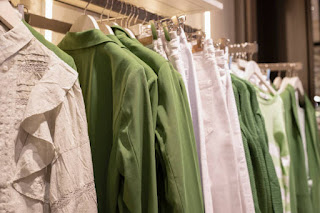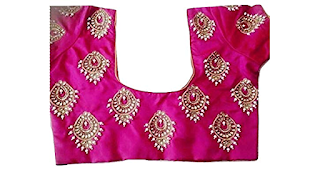Enter the world of the Conscious Fashionista. Explore sustainable and ethically made fashion choices for women who care about the environment.
The era of fast fashion is fading, as the Conscious Fashionista steps into the spotlight. The trend for mindful shopping, particularly in the realm of sustainable and ethically made fashion choices, is growing. Women who deeply care about the environment are reshaping the fashion industry through their responsible shopping habits. Can you join this movement?
The Conscious Fashionista: Embrace Sustainable Fashion
Have you ever questioned where your clothing comes from? Or how it's produced? The Conscious Fashionista is not only aware of these aspects but actively makes decisions based on them.
Sustainable fashion, also known as eco-fashion, refers to the production of clothing, shoes, and accessories in environmentally and socio-economically sustainable manners. Conscious fashionistas believe that their choices should align with their ethics, and that includes shopping sustainably.
Key elements of sustainable fashion include:
- Reducing waste: Industry practices are incorporated to reduce fabric and energy waste during production.
- Recycling or upcycling: Designing products from previously used materials.
- Environmentally friendly materials: Organic cotton, bamboo, and hemp are just a few natural fibers used in eco-fashion.
- Longevity: Choosing high-quality pieces that can withstand the test of time, reducing the need for frequent replacements.
Ethically Made Fashion: An Ethical Touch to Your Wardrobe
Ethically made fashion involves a commitment not only to the environment but also to the fair treatment of the people who create the clothing.
Key points regarding ethically made fashion are:
- Fair wages and working conditions for workers: Brands should commit to paying fair wages and providing safe working environments.
- No child or forced labor: Companies strictly adhere to policies against illegal labor practices.
- Animal welfare: Many ethical brands abstain from using materials derived from animal harm or cruelty, such as fur and leather.With plenty of transparent and ethical brands to choose from, it's not a tall order to fill your closet with conscious clothing.
Why Become a Conscious Fashionista?
With the climate crises deepening and fast fashion contributing significantly to pollution, becoming a conscious fashionista is no longer a choice—it's a necessity. By supporting sustainable and ethical brands, you’re helping to change the narrative by showing that people value the planet and its inhabitants over disposable fashion.
So, are you ready to join the conscious fashionista movement and help drive a positive change in the fashion industry?



Comments
Post a Comment